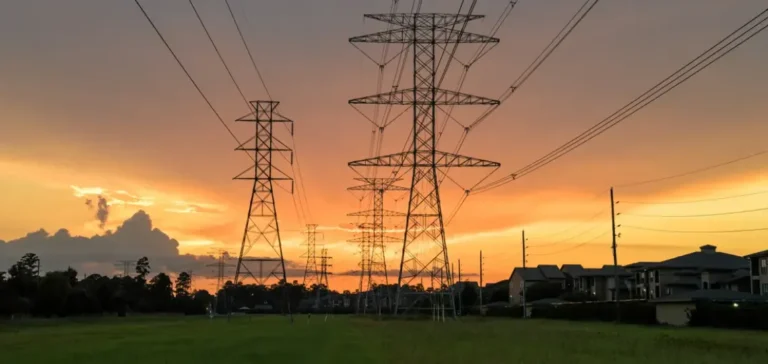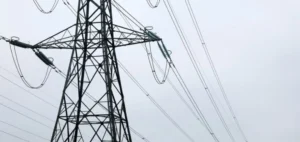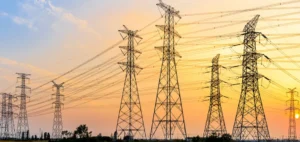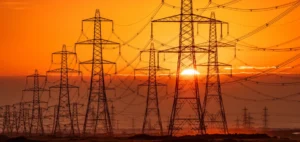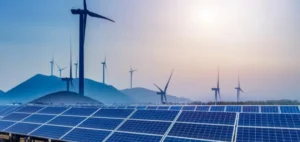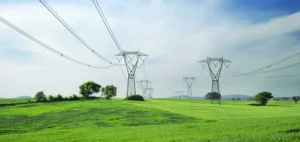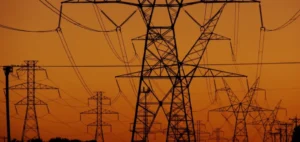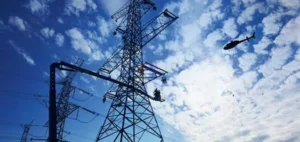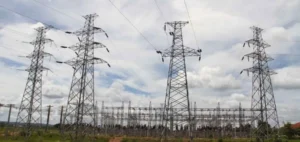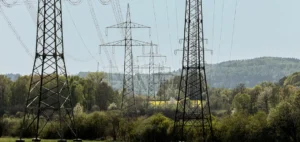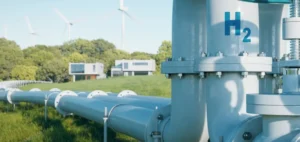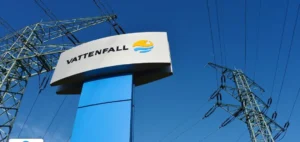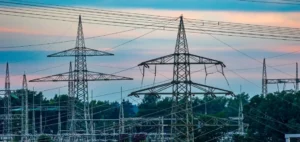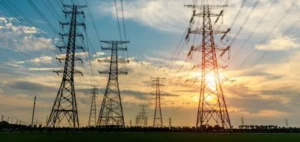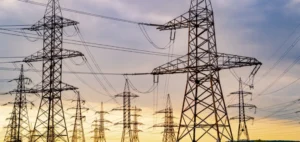The United States Department of Energy (DOE) has decided to terminate the conditional guarantee granted to the Grain Belt Express Phase 1 project by the Loan Programs Office (LPO). This project aimed to build a high-voltage direct current (HVDC) transmission line designed to transport electricity generated from wind and solar capacities in Kansas to Missouri. The federal guarantee, for a maximum amount of $4.9bn (EUR4.5bn), was announced in November 2024 as part of commitments to support strategic energy infrastructure.
Strengthened control over financial commitments
After conducting a detailed review of the project’s financial situation, the DOE stated that the conditions required to grant the guarantee had not been met. The department now considers that federal government involvement in this operation is no longer necessary. This decision is part of a policy of increased oversight on the use of public resources, with the objective of ensuring responsible management of taxpayer funds.
The DOE has initiated a reassessment of all loans and guarantees granted or promised between the 2024 presidential election and the 2025 inauguration, nearly $100bn (EUR90.8bn) subject to this review. This approach aims to evaluate each beneficiary and each case in order to maintain stricter standards of financial prudence for the future.
Impact on the future of the Grain Belt Express project
The Grain Belt Express project was designed to strengthen the connection of Midwest renewable energy to consumer markets, responding to the growing demand for electrical interconnection infrastructure. The withdrawal of this federal guarantee calls into question the financial balance of the project, which partly depended on this support to attract additional investors.
The DOE has reaffirmed its intention to focus efforts on projects deemed essential to the reliability, security and accessibility of the American energy grid. The department now favours a targeted approach for federal investments, to ensure the stability of the sector and the proper allocation of public funds.
The halt of this support for Grain Belt Express reflects the current scrutiny of federal government commitments in major energy infrastructure, in a context of stricter expenditure control and increased selectivity of cases deemed to be priorities.


